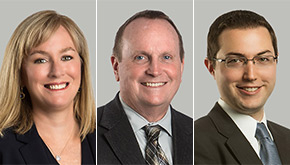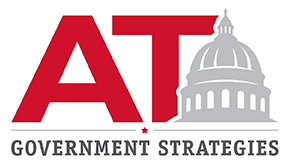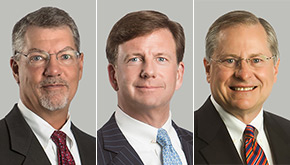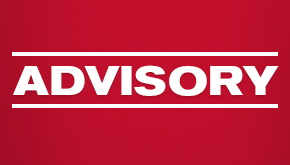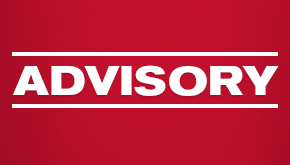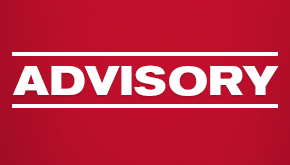Supreme Court Issues Long-Awaited Key Decision on False Claims Act
The U.S. Supreme Court (SCOTUS) issued a decision today in a case that has important implications for healthcare providers and other organizations that bill the U.S. government for goods or services. (Universal Health Services, Inc. v. United States ex rel. Escobar).
The case arose out of a situation in which a teenage girl, Yarushka Rivera, received services from a mental health facility that billed the Massachusetts Medicaid program for those services. She died of a seizure after suffering an adverse reaction to a medication prescribed by a purported physician at the facility.
When Rivera's mother and stepfather discovered that few of the facility's employees were licensed to prescribe medication or to offer mental health counseling, they filed a qui tam, or "whistleblower" lawsuit against the facility’s owner and operator, Universal Health Services (Universal). The case was filed under the U.S. False Claims Act (FCA), on an "implied false certification theory" of liability, which treats submission of payment claims to the government as implied certification of compliance with statutory, regulatory or contract requirements that are material conditions of payment, and thus "false" or "fraudulent" if the provider of services was not in compliance with those requirements.
Universal convinced the U.S. District Court of the District of Massachusetts to dismiss the action on the grounds that none of the regulations violated by Universal was a condition of payment. On appeal from that decision, the First Circuit Court of Appeals reversed the District Court, holding that the regulations expressly required compliance with the requirements Universal violated, and that compliance with the regulations was a material condition of payment.
At first glance, the decision might appear to be good news for entities that bill the government, because SCOTUS rejected the Court of Appeals' decision. SCOTUS acknowledged that "billing parties are often subject to thousands of complex statutory and regulatory provisions," and facing FCA liability for violating any single such provision "would hardly help would-be defendants anticipate and prioritize compliance obligations."
The SCOTUS decision held, however, the implied certification theory can be the basis for FCA liability if the defendant submitting a claim makes specific representations about the goods or services provided, but fails to disclose noncompliance with material statutory, regulatory, or contractual requirements that make the representations misleading. The example used was that of an applicant for a position whose resume lists prior jobs and then retirement, "but fails to disclose that his 'retirement' was a prison stint for perpetrating a $12 million bank fraud." Universal, according to the opinion, had submitted its claims under payment codes that corresponded to specific counseling services, and its staff members had used National Provider Identification numbers that corresponded with specific qualifications.
SCOTUS noted that materiality "cannot be found where noncompliance is minor or insubstantial," and that whether the government identifies a provision as "material" isn't necessarily decisive. Even more helpful to contractors, the decision held "if the Government regularly pays a particular claim in full despite its actual knowledge that certain requirements were violated, that is very strong evidence that those requirements are not material."
Ultimately, the good news for entities providing goods and services to the government is that violation of a regulation or law doesn't necessarily give a whistleblower or the government grounds for a FCA claim. However, providers still must pay careful attention to whether the specific claim for payment might involve a material misrepresentation.



